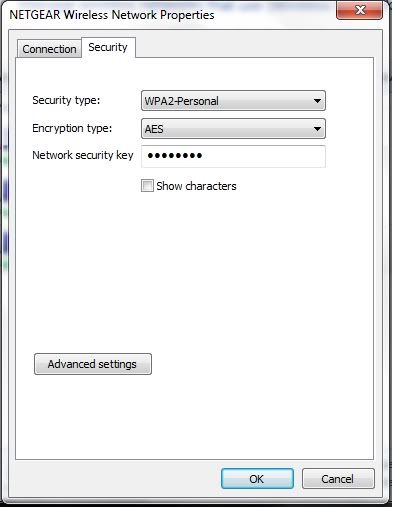PlatinumX098
n00b
- Joined
- May 12, 2012
- Messages
- 3
I had assumed it was quite difficult or at least time consuming for anyone to break into a password protected WPA2-PSK encrypted wireless network. I'm still a novice or a learner when it comes to computer networking, so I realized this could be untrue.
Some days ago, my 9 year old nephew visited my parent's home where I had set up a WPA2-PSK encrypted network with what I know to be a strong password for both the router and the security phrase.
When I arrived back to my parent's home, I found out that my nephew was some how able to use the password encrypted network. There was no way he could have known the network password himself. I don't mind if my nephew uses our network, but it shows there are serious holes in the security of a WPA wireless network if he was able to bypass the password.
My parent's later told me that while I was away, my nephew was unable to connect to the network, and so used his cell phone and called his father (my brother-in-law). In just a short of time, my brother-in-law explained to my nephew how to bypass the password on our wireless network and use the internet. My parent's are not too happy about what happened and did not realize what my nephew and brother-in-law were doing at the time.
And by the way, my brother-in-law is a cyber-criminal and a felon who also uses his children to steal items, so I do not like my parent's network being vulnerable to this guy.
No matter what password is used to protect the network and no matter how complicated, my brother-in-law uses some type of technique to bypass them. And as demonstrated by the story above, he even uses his own children to bypass our network security.
I would greatly appreciate if some users could instruct me on how to better secure my parent's WPA-PSK2 network from this criminal to prevent the breaching from happening again. And if he was able to break through, then I'm guessing it really isn't too difficult for others to breach the security of a WPA-PSK2 network either.
Please offer some advice and thanks for reading.
Some days ago, my 9 year old nephew visited my parent's home where I had set up a WPA2-PSK encrypted network with what I know to be a strong password for both the router and the security phrase.
When I arrived back to my parent's home, I found out that my nephew was some how able to use the password encrypted network. There was no way he could have known the network password himself. I don't mind if my nephew uses our network, but it shows there are serious holes in the security of a WPA wireless network if he was able to bypass the password.
My parent's later told me that while I was away, my nephew was unable to connect to the network, and so used his cell phone and called his father (my brother-in-law). In just a short of time, my brother-in-law explained to my nephew how to bypass the password on our wireless network and use the internet. My parent's are not too happy about what happened and did not realize what my nephew and brother-in-law were doing at the time.
And by the way, my brother-in-law is a cyber-criminal and a felon who also uses his children to steal items, so I do not like my parent's network being vulnerable to this guy.
No matter what password is used to protect the network and no matter how complicated, my brother-in-law uses some type of technique to bypass them. And as demonstrated by the story above, he even uses his own children to bypass our network security.
I would greatly appreciate if some users could instruct me on how to better secure my parent's WPA-PSK2 network from this criminal to prevent the breaching from happening again. And if he was able to break through, then I'm guessing it really isn't too difficult for others to breach the security of a WPA-PSK2 network either.
Please offer some advice and thanks for reading.
![[H]ard|Forum](/styles/hardforum/xenforo/logo_dark.png)
